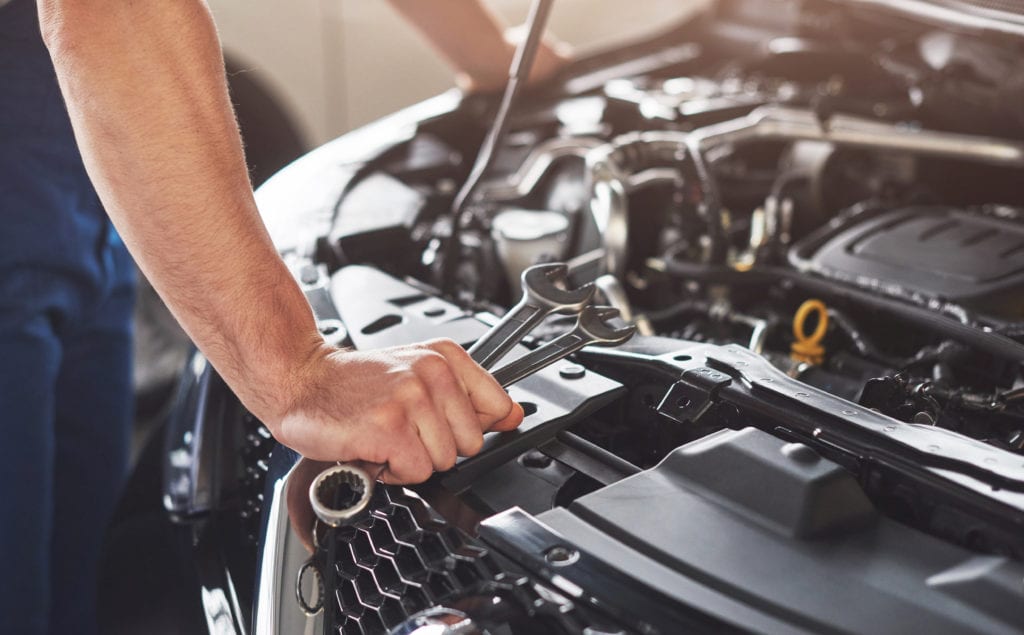When you open a bank account, there is some basic information and documentation for you to compile, including a deposit to get your account started.
looking to open a bank account?
Having the right documents and information ready will not only save you time, but also save you money.
The first step to opening a checking or savings account is checking your eligibility. You must be 18 years of age or older and have a social security number to apply. If you are between 14 and under 18, you can open an account with a parent or legal guardian as a co-owner of the account.
Typically, applications for an account can be made online or in person. Be sure to collect all personal details outlined, as well as an initial deposit for ease of application.

Everything you need to open a bank account
There are a few things you should bring with you when heading to your local bank or financial institution to open a checking account. If you are opening an account at an online bank, be sure to have all of these documents handy.
Here is what you will need:
- Government-issued photo ID – Typically a driver’s license or passport, this ID can also be an official state ID, which can be issued at your Department of Motor Vehicles office (DMV). All IDs must be valid.
- Basic personal information – When applying, the bank will ask for information including your birthdate, Social Security number or Taxpayer Identification Number, your address, phone number, etc.
- Initial deposit – This is not required by all banks, but many will require a minimum opening deposit. Most banks only require an initial deposit of $25.
- Physical address – You must have a physical street address when opening a bank account under federal law requirements. Sometimes a bank may require additional proof of address documents, such as a utility bill or pay stub.
- ID for other applicants – This is only applicable for those opening a joint account. These accounts are owned by more than one person and the bank will need the information of each owner.
- Co-owner – If you are under 18, you will need a parent or legal guardian present to sign any documents with the bank. They will not offer you their products and services if you are under 18 and do not have a parent or guardian present.
When opening a checking account, inquire about a debit card as well. You do not need to order checks, especially with the rise of online bill pay. Your bank may also see if you are interested in applying for a credit card – this can be a good idea if you already have good credit and that the card has good interest rates.
You may also want to ask for a filled out direct deposit form to give to your employers. This will allow your employer to directly deposit your paychecks into your checking or savings account for free.
What kind of account do I open?
The best way to determine the type of bank account you need is to consider how you plan to use the account. The following are the most common types of bank accounts:
Checking account
Checking accounts are used for your everyday spending needs, like paying bills and other life expenses. Most checking accounts will also offer online bill pay to schedule out any payments in advance. This type of account is also great for direct deposit for your paychecks.
Savings account
Like the name suggests, a savings account allows you to put money away for the future and earn a small interest payment on the money. This money is not quite as accessible as a checking account but is accessible in the event of an emergency.
Certificates of deposit (CDs)
A CD is best if you have a lump sum of money that you will not need in the near future – say 6 to 8 months. You can earn more interest here than other types of bank accounts. However, the money saved in a certificate of deposit account is inaccessible for a fixed period of time.
Money Market account
This account type is similar to a savings account, but with higher interest returns. However, if you make more than 6 withdrawals per month you will face high fees and other penalties.
How to choose a bank
Choosing the right bank for you is another important aspect to consider when opening a bank account. You may want to compare a few banks to discover which one is right for you.
What you should look for:
- Fees – Does the bank charge monthly fees, including ATM withdrawal charges, maintenance fees, overdraft charges or credit card fees? These can all add up over time, making your account expensive to maintain.
- Digital access – Does your bank offer a mobile app or website that allows you to access your account 24 hours a day?
- Location – If you plan to run to your local branch often to cash a check or make a deposit, the location of the bank is important.
- Minimum balances – Some banks require you to maintain a minimum monthly balance and will charge a fee if you drop below said balance.
- Other services – What other services does the bank offer? Do they offer auto loans, credit cards, business loans and services to teach about and manage investment accounts?



